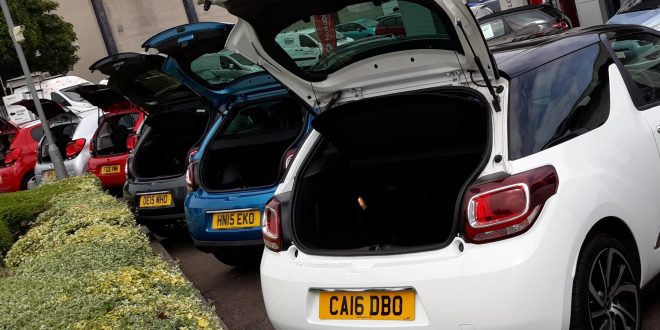New research has highlighted the No 1 reason why more people choose used cars over factory-fresh models.
A poll commissioned by The Motor Ombudsman found that more than half of respondents (58%) said that their primary motivation would be to save money.
This is particularly pertinent at a time when consumer budgets remain under pressure, with further increases looming for household bills, such as council tax, broadband, water, and standing energy charges.
More than 7.2 million used cars changed hands in 2023, compared to 1.9 million new car registrations, according to figures from the Society of Motor Manufacturers and Traders (SMMT).
The research also revealed that four in 10 respondents would prefer buying a car that had one or more previous owners to help avoid bearing the initial loss in value (ie depreciation), which is especially associated with buying a car from new.
Nearly a third (32%) said there is often a large choice of vehicles to select from across the country when shopping around, whilst just over a quarter of survey participants (26%) agreed that they would be able to test drive and buy cars that were for sale on forecourts.
When quizzed about some of the primary benefits of buying a used car from a retailer, rather than a private individual, via a social media advert for example, nearly half (48%) of respondents stated that going to an established trader provided them with the added reassurance that a car had undergone checks prior to going on sale.
Furthermore, 43% of survey participants wanted a safety net in case something went wrong with their car after buying it, as they would have more legal rights, and could use The Motor Ombudsman for assistance in resolving a dispute if the retailer was accredited.
Finally, the poll highlighted what type of car would top their used car wishlist for 2024. The overriding majority (46%) would buy a petrol model, with those in the 55+ age bracket the most likely to do so (52%).
Around a quarter (26%) said a hybrid would be their preferred choice, followed by a diesel variant (17%), whilst one in 10 (10%) would look to get behind the wheel of an electric vehicle (EV).
